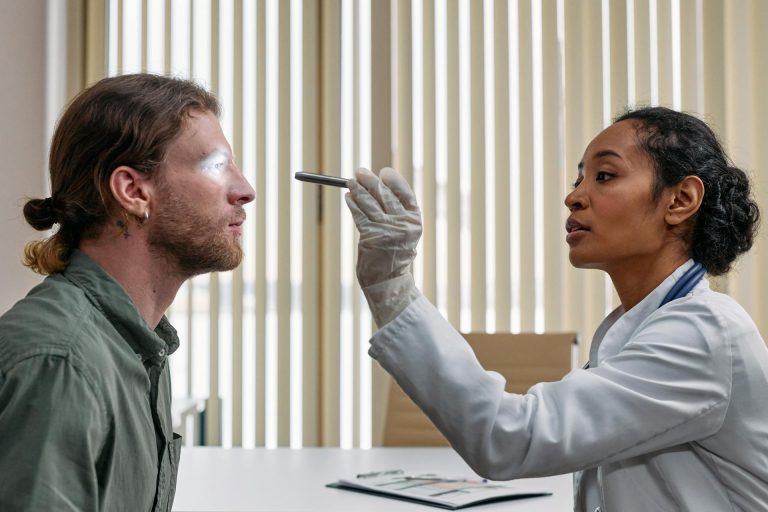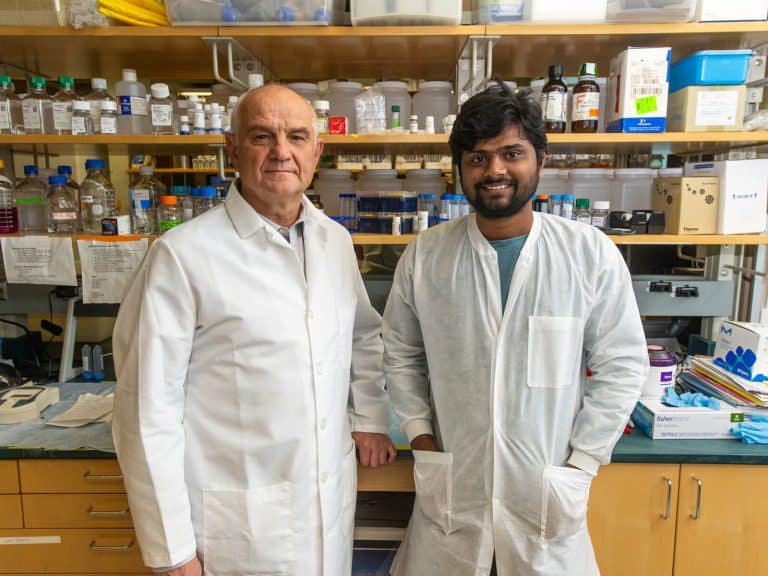Overcoming Borderline Personality Disorder (BPD) and Alcoholism and Getting Back in School: A Guide
Students facing the intersection of mental health disorders and alcohol abuse find themselves at a crossroads. The challenges of living with BPD can get worsened by alcoholism, leading to a complex scenario that requires specialized care and attention. Returning to a routine life, including pursuing educational goals, requires a dedicated plan. In this article, we’ll explore overcoming both and preparing for a triumphant return to school.
Diagnosis of BPD and Alcoholism
The diagnosis of BPD and alcoholism presents a particularly intricate challenge. BPD, characterized by intense emotional instability, unstable relationships, and impulsivity, can become more severe with alcohol misuse. Individuals with BPD may use alcohol as a self-medicating mechanism, which can lead to dependency and a worsening of their mental health symptoms. Understanding both is vital for creating a pathway to recovery that addresses both the psychological and addiction aspects.
Understanding that both conditions can interact in a vicious cycle is important. The impulsivity and emotional volatility of BPD can increase the likelihood of alcohol abuse. Plus, the consumption of alcohol can exacerbate BPD symptoms, making it more challenging to manage. Tackling one issue without the other may lead to a partial recovery at best.
Specialized treatment options are available to address this dual diagnosis. Therapeutic approaches such as Dialectical Behavior Therapy (DBT) focus on providing the skills to manage emotions and reduce harmful behaviors. Rehabilitation programs offer support for detoxification and maintaining sobriety, including medical interventions if necessary. Addressing both conditions can pave the way for a more consistent and sustainable recovery.
Effective Strategies to Manage BPD and Alcoholism

Simultaneous management of BPD and alcoholism demands therapy that is tailor-made for dual-diagnosis patients. You can benefit from learning coping strategies for your emotional triggers and techniques to stay sober. Prioritizing mental health care is a major step toward healing.
Medication can also play a role in balancing the mood swings brought on by BPD and curbing the cravings associated with alcohol dependence. Doctors specializing in dual diagnosis can prescribe a regimen that works in combination with therapy. Medications should be part of a comprehensive treatment plan, not as a standalone solution.
Support systems, such as group therapy or support groups, allow you to share your experiences with peers who understand the intricacy of your struggles. Social support is a critical element of recovery, providing encouragement and accountability. Hearing the success stories of others can be a powerful motivator and create a sense of community and belonging.
Preparing to Return to School After Recovery
Returning to school can seem daunting as you progress through recovery. The first step is to set realistic and achievable goals. Start with fewer classes or choose a part-time schedule to help ease the transition while maintaining a balance. An honest assessment of your limitations and strengths is essential when determining the academic workload. Professional guidance is often necessary to better comprehend the complex dynamics between BPD and alcohol.
You may also benefit from communicating with academic advisors, who may offer valuable guidance. Higher education institutions often have invaluable resources like counseling services or student health centers. These resources can provide educational support and continued assistance with maintaining mental health and sobriety.
Acknowledging progress, big or small, reinforces self-esteem and encourages continued effort. This positivity can resonate through all areas of life, sustaining motivation and building a path for a successful future. Education can be a powerful tool to elevate your career and life. So, seeking opportunities to expand your knowledge is essential. You can elevate your career with a BS in MLS degree, which can be a smart move for those looking for a scientifically rich education while managing a stable recovery.
Overall, confronting the dual challenges of BPD and alcoholism requires dedication, medical and psychological intervention, and a strong support network. A clear path forward, equipped with the right tools and a strong support system, can lead to a fulfilling and successful life.





